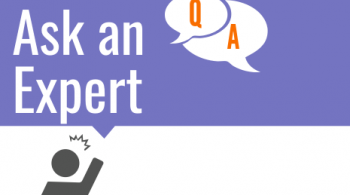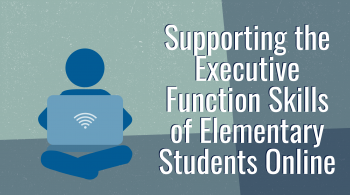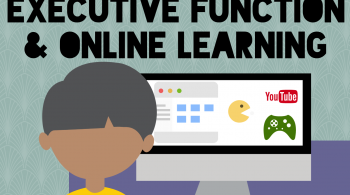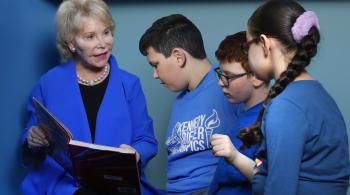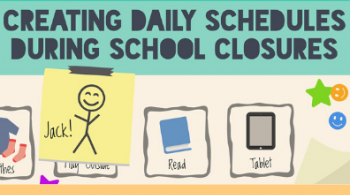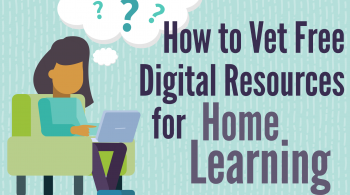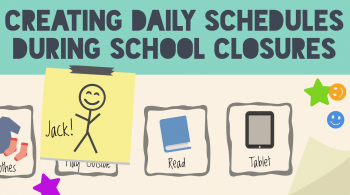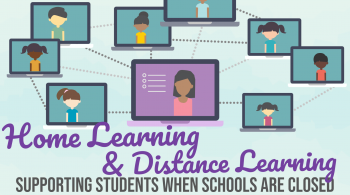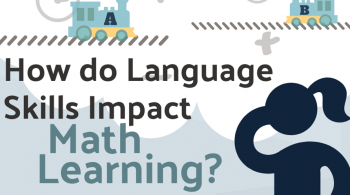By Lisa Carey
May 30, 2017
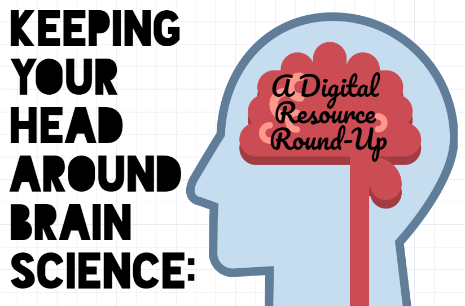
Teachers want to help students learn. That is our primary goal and what we love most about our profession. It’s also what opens us up to marketers selling products to help teachers “build better brains!”or “get students’ neurons firing!” and develop the best “brain-based learning possible!” As one teacher recently said, “If they told me that standing on my head while singing would help my students learn, I’d probably try it.” But, we don’t have to fall prey to false claims and dubious “science.” We can, as a profession, develop a more critical eye toward learning products, professional learning materials, and instructional practices that take up time, money, resources, and offer little in return.
We are constantly surrounded by poor science reporting with flashy headlines. If we fail to develop a critical eye toward information presented as “scientific,” we will continue to fall prey to false claims and miss out on information that can truly help students succeed. This week, we’ve rounded up some free resources to help teachers start to think about science claims, science reporting, and how to seek out accurate information.
What teacher doesn’t like a mnemonic device? Now there’s one for spotting poor science reporting! KQED’s offers a video, a short article, and an acronym to help you and your students distinguish good science reporting from bad. The video is appropriate for high school students and can be used to spark conversations around critical consumption of media.
Flashy news headlines that confirm what you want to believe can be very tempting. In order to help maintain objectivity, try printing out this free mini-poster from the Big Think blog. The downloadable PDF lists ten ways to spot bad science reporting. Post it near your computer or in your classroom for a quick reminder.
Lists and acronyms are great for remembering to keep your head around exciting science claims, but for a more detailed story of why you shouldn’t get carried away in the presence of fMRI images, enjoy this delightful tale of the dead salmon. Wired does a wonderful job of telling the story of scientists taking a critical look at brain imaging research while maintaining a great sense of humor.
For more information on finding legitimate sources for information about education and cognitive neuroscience research, check out our former interview with Librarian Clair Holmes. Not interested in journal articles, but still want to read up on brains and learning? Check out our list of Brainy Book recommendations. Remember, books are not peer-reviewed for accuracy, and can act as a gateway to misinformation. We plan to offer lists of books that have been checked out for inaccuracies in an upcoming blog.
At Kennedy Krieger Institute, we think brains are really cool. We love brains. But, we also love good science and feel passionate about spreading carefully vetted information to educators.. Keep exploring the learning brain, but remember to keep your head!





